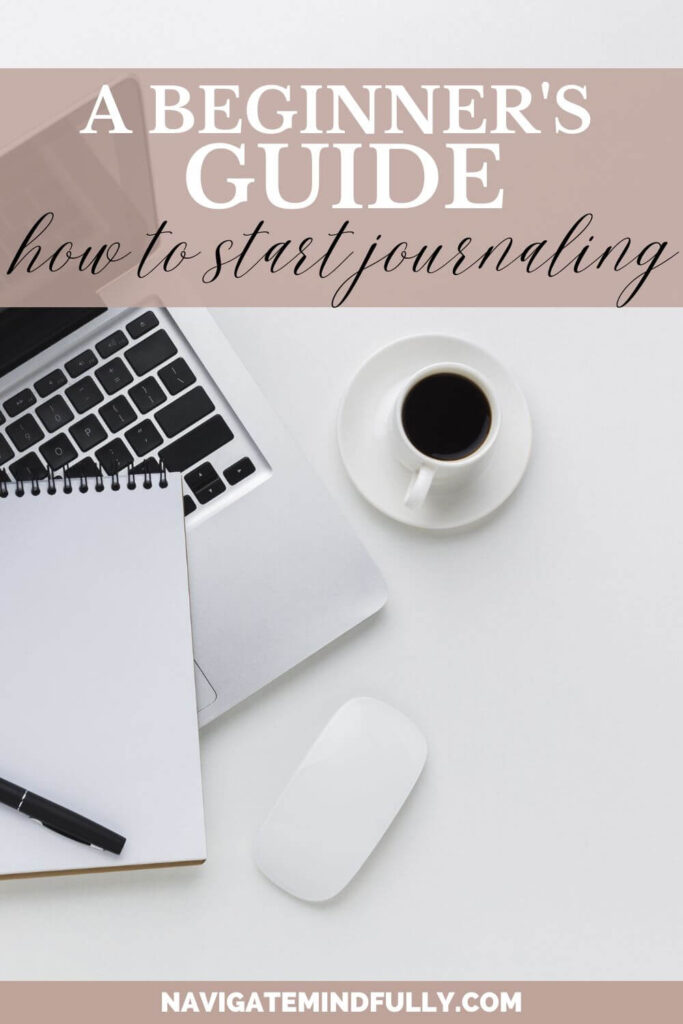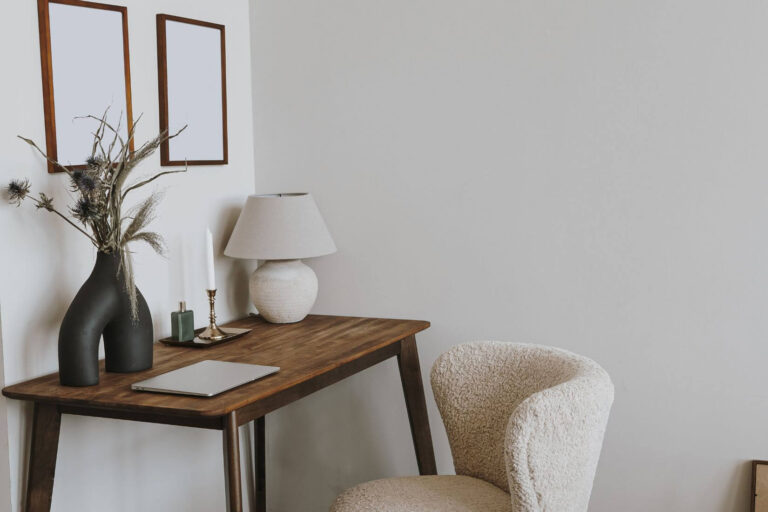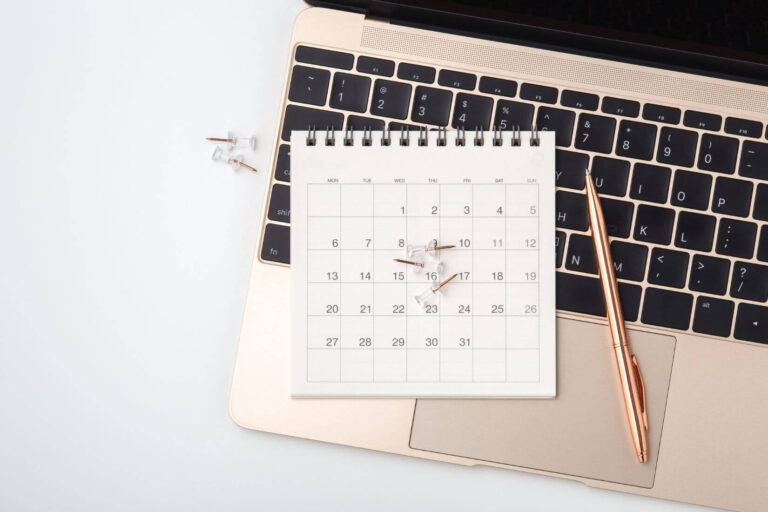How to Start Journaling: Tips and Techniques for Beginners
Journaling is more than just putting pen to paper; it’s a journey of self-discovery, growth, and personal reflection. You might have heard about the many benefits of journaling, from enhancing mental well-being to boosting creativity. If you’re wondering how to start journaling, especially as a beginner, you’ve come to the right place. Together, we’ll explore the world of journaling, delve into its various forms, and take the first steps on this exciting path. So grab your favorite notebook, and let’s begin!
What is Journaling?
Journaling is the practice of writing down your thoughts, feelings, and experiences. It’s a personal and intimate process, and there’s no right or wrong way to do it. From the diaries of Anne Frank to the notebooks of Leonardo da Vinci, journaling has been a part of human history for centuries. It’s a way to connect with yourself, explore your inner world, and gain insights into your thoughts and emotions. Whether you write daily or sporadically, journaling can be a transformative practice.

Finding Your Style: Types of Journaling
1. Daily Journaling: A Conversation with Yourself
Daily journaling is like having a conversation with yourself. It involves recording everyday thoughts, feelings, and experiences. Whether it’s reflecting on your day, capturing memories, or exploring emotions, daily journaling allows you to connect with yourself on a deeper level. It’s a way to pause and take stock of your life, appreciating the small moments and learning from the challenges. You don’t have to write pages; even a few lines can be a meaningful reflection of your day.
2. Visual Journaling
If words aren’t enough, visual journaling allows you to use images, sketches, and colors to express yourself. It’s a creative and artistic approach to journaling that taps into your visual imagination. You can draw, paint, collage, or use any visual medium that resonates with you. Visual journaling is not about creating masterpieces; it’s about expressing yourself in a way that feels authentic and freeing. It’s a chance to explore your creativity and see your thoughts and feelings come to life on paper.
3. Consciousness Journaling: Free Flow of Thoughts
Stream-of-consciousness journaling is about writing freely without judgment, editing, or overthinking. You let your thoughts flow and see where they take you. It’s a liberating and often surprising way to explore your subconscious mind. By allowing yourself to write without filters, you can uncover insights, ideas, and emotions that might otherwise remain hidden. It’s a raw and honest form of journaling that can lead to profound self-discovery.
4. Gratitude Journaling
Gratitude journaling focuses on the positive aspects of life, expressing thankfulness and appreciation. By writing down things you’re grateful for, you can cultivate a more optimistic and positive outlook on life. It’s a simple yet powerful practice that can transform your perspective, enhancing overall happiness and satisfaction. Whether it’s acknowledging a kind gesture, appreciating a beautiful sunset, or recognizing personal growth, gratitude journaling is a way to celebrate the goodness in life.
READ MORE: 100 AFFIRMATIONS FOR GRATITUDE: BOOST YOUR HAPPINESS AND WELL-BEING
5. Bullet Journaling
If you love organization and structure, bullet journaling is for you. It’s a planner, diary, and to-do list all in one. Bullet journaling helps you keep track of tasks, events, notes, and goals in a structured and customizable way. You can create daily, weekly, or monthly layouts, use symbols and codes, and design pages that suit your needs. It’s not just about staying organized; it’s about creating a system that reflects your life and helps you stay focused and productive.

Benefits of Journaling and Its Healing Power
1. Improves Mental Well-Being
Journaling allows you to process emotions, reduce stress, and gain clarity on complex feelings. By writing down your thoughts and feelings, you create a safe space to explore your inner world. It’s like having a private therapist on paper, where you can be honest, vulnerable, and reflective. Whether you’re dealing with anxiety, depression, or simply the ups and downs of life, journaling can be a therapeutic tool for mental well-being.
2. Strengthens the Immune System: A Boost to Physical Health
Believe it or not, journaling isn’t just good for the mind; it’s good for the body too. Studies have shown that regular journaling can boost your immune function, reduce recovery time from illnesses, and even lower blood pressure. By reducing stress and promoting a positive outlook, journaling can have tangible effects on your physical health. It’s a holistic approach that recognizes the connection between mind and body.
3. Expresses Gratitude
Focusing on gratitude and expressing thankfulness can lead to a more positive outlook on life. Gratitude journaling is about recognizing and appreciating the good in life, from big achievements to small everyday joys. By cultivating gratitude, you can enhance overall happiness, satisfaction, and well-being. It’s a simple practice that can have profound effects on your mood and perspective.
4. Helps Work Through Challenges
Writing about problems, challenges, and conflicts can provide clarity, perspective, and solutions. Journaling allows you to work through difficulties in a structured and thoughtful way. By putting thoughts on paper, you can analyze situations, explore different angles, and find constructive ways to deal with challenges. It’s a way to grow, learn, and transform obstacles into opportunities.
5. Helps Set and Accomplish Goals
Journaling is a powerful tool for setting clear goals, tracking progress, and staying motivated. By writing down your goals, breaking them into manageable steps, and reflecting on your progress, you create a roadmap to success. It’s a way to hold yourself accountable, celebrate achievements, and learn from setbacks. Whether it’s personal development, career growth, or fitness goals, journaling can be your guide and companion on the journey to success.
READ MORE: 50 JOURNAL PROMPTS FOR GOAL SETTING

Your First Page: How to Start Journaling
1. Find the Right Technique
Starting your journaling journey begins with finding the right technique that resonates with you. Experiment with different styles, formats, and mediums. Try writing by hand or typing, using prompts or free writing, incorporating visuals or sticking to text. It’s a personal journey, so take your time to explore and discover what feels authentic and inspiring. Remember, there’s no one-size-fits-all approach; your journaling practice should be as unique as you are.
2. Let Go of Judgments: A Safe Space for Authenticity
Your journal is a safe space where you can be authentic, raw, and true to yourself. Let go of judgments, expectations, and the pressure to be perfect. Embrace the imperfections, the messy thoughts, the unfiltered emotions. Your journal is not for anyone else; it’s for you. Allow yourself to write without fear of criticism or judgment. It’s a place to be real, to be you.
3. Keep Expectations Realistic
Starting a journaling practice doesn’t mean you have to write pages every day. Keep your expectations realistic and start small. Even a few lines or a couple of minutes can be a meaningful beginning. Don’t pressure yourself to create profound insights or poetic prose. Focus on the process, not the product. Journaling is about the journey, not the destination, so be gentle with yourself as you begin.
4. Create a Writing Routine
Consistency is key to making journaling a habit. Create a writing routine that fits your lifestyle and preferences. Find a time that works for you, whether it’s in the morning with a cup of coffee, during a lunch break, or before bed. Make it a ritual, a special part of your day. Having a dedicated space, a favorite pen, or a beautiful notebook can add to the experience. The more you integrate journaling into your daily routine, the more it becomes a cherished habit.
5. Get Creative
Your journal is a canvas for your thoughts, ideas, and creativity. Get creative and make it your own. Use prompts, doodles, quotes, or anything that inspires you. Experiment with colors, layouts, and formats. Your journal can be a reflection of your personality, a place to explore your artistic side or a playground for your imagination. There are no rules, only possibilities. Let your creativity flow and enjoy the process.
Staying Committed
Starting is one thing, but how do you keep going? Here are some tips:
- Make It a Daily Habit: Even a few minutes a day can make a difference. Consistency builds momentum.
- Personalize Your Experience: Your journal is a reflection of you, so make it unique. Use colors, stickers, or anything that makes it special.
- Stay Inspired: Use prompts, quotes, or images to spark creativity. Keep it fresh and exciting.
- Reflect and Adjust: Take time to reflect on your journaling experience. If something isn’t working, adjust and try something new.
The Journey Ahead
The world of journaling is vast and full of possibilities. Whether you’re looking to explore your creativity, improve your well-being, or simply have a space to reflect, journaling can be a powerful tool. Remember, the journey of how to start journaling for beginners is a personal one, and there’s no right or wrong way to do it. Embrace the process, enjoy the journey, and discover the joy of writing for yourself.
Start journaling with these journal prompts:
70 JOURNAL PROMPTS FOR SELF-DISCOVERY







